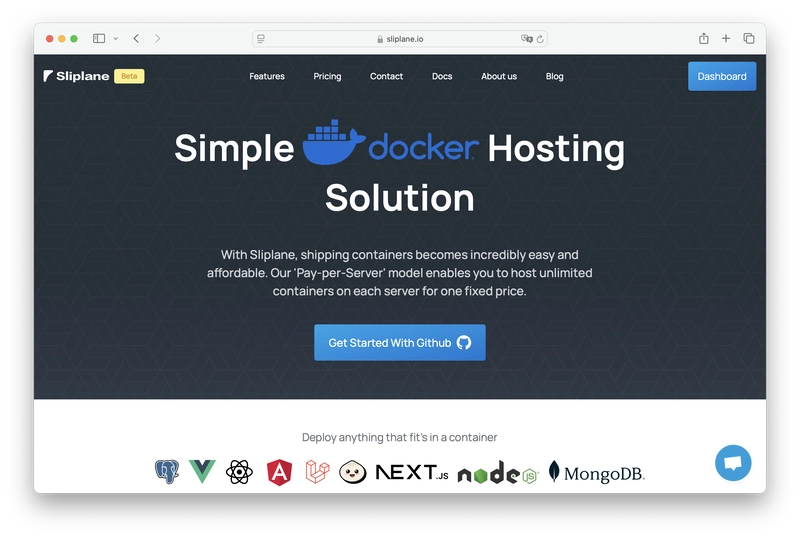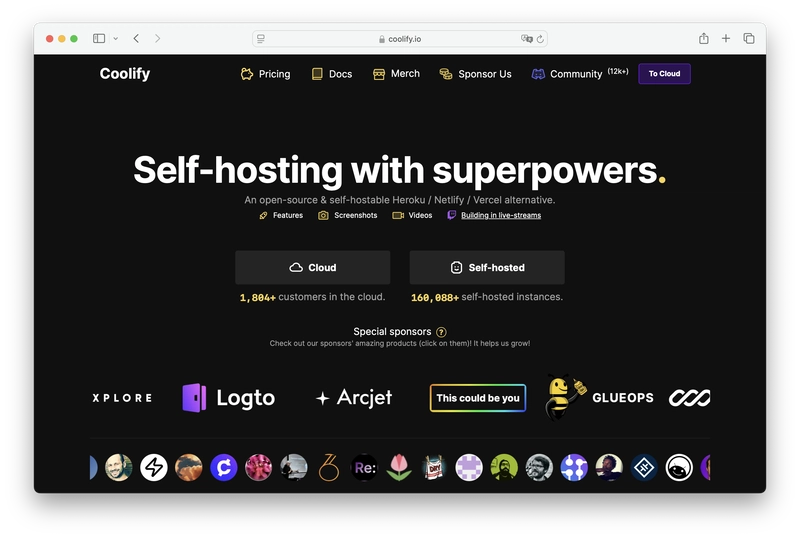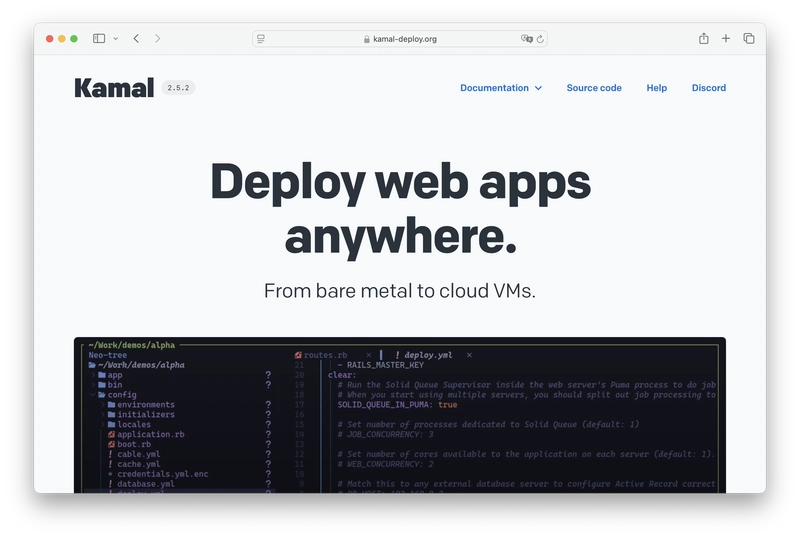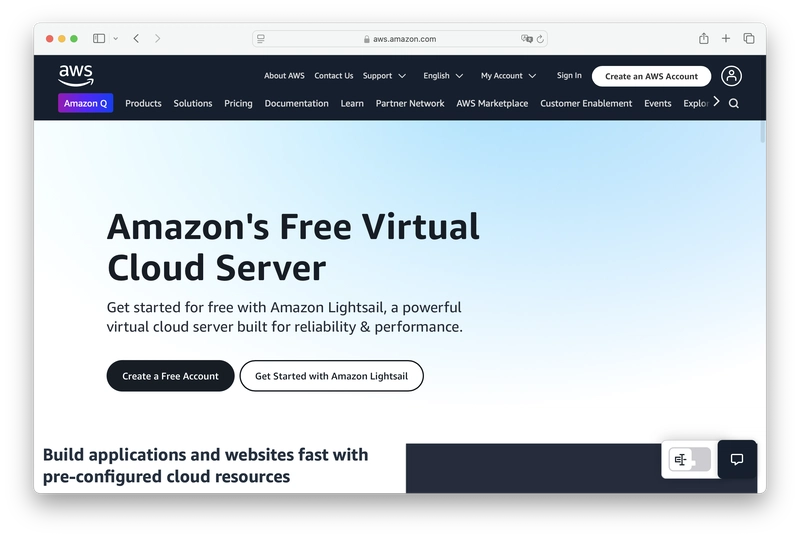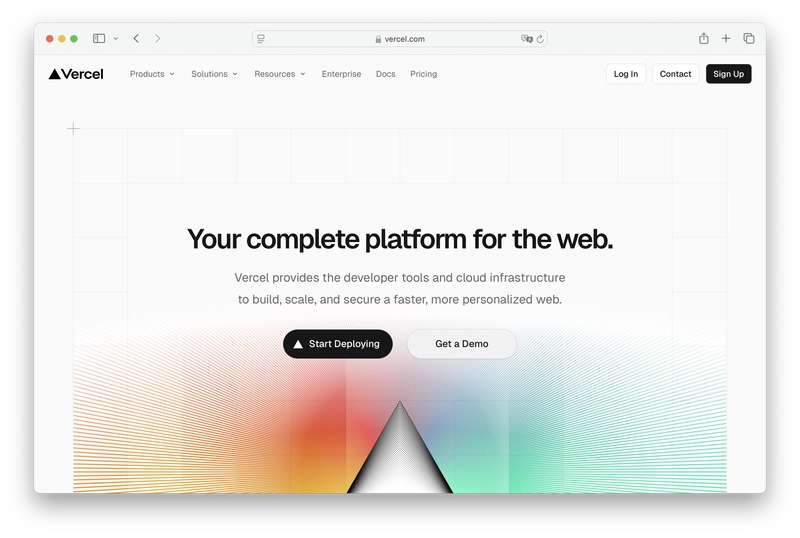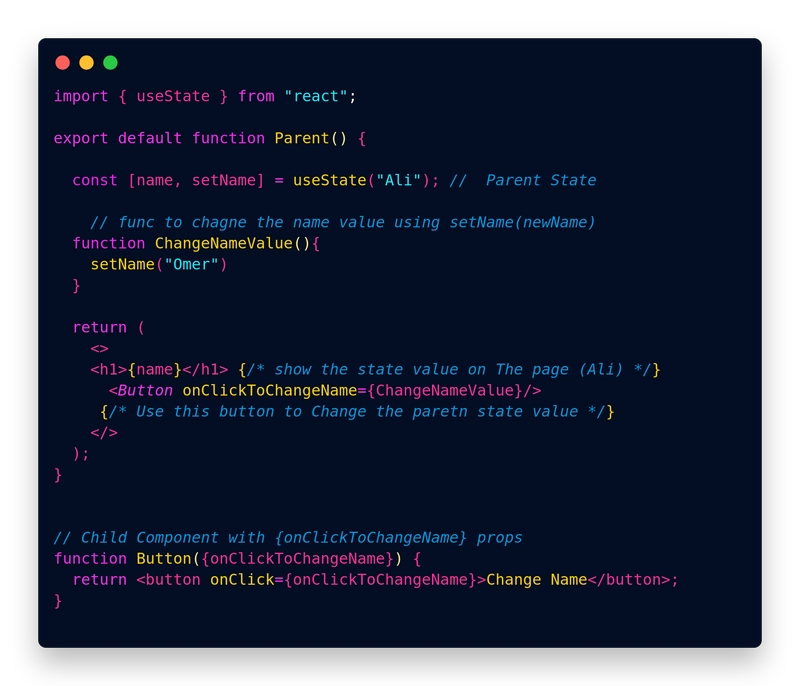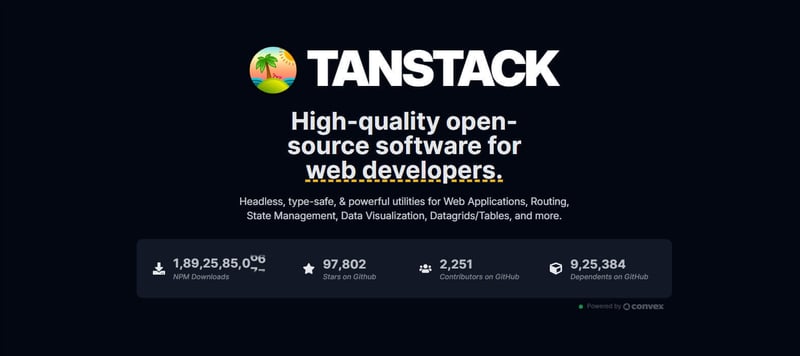5 Cheap Heroku Alternatives
Are you currently hosting your apps on Heroku but considering making a change to something more modern? Heroku has been popular thanks to its simplicity, ease of use, and solid features (back in 2018 at least). However, since the acquisition of Heroku by Salesforce many are looking to jump ship, be it because of the crazy pricing or missing support. In this post, we'll explore five solid alternatives I've personally tested and recommend, highlighting their strengths and weaknesses to help you find the perfect fit for your next project or migration! 1. Sliplane Sliplane offers a budget-conscious hosting solution, ideal for smaller projects and startups on a budget. For a flat €9/month (+VAT), you get 2vCPU/2GB RAM, unlimited containers per server, auto-SSL, Github integration, zero-downtime deploys, Docker Hub access, and more. This transparent, fixed price is particularly attractive compared to Heroku's high per-service pricing. Pros: Highly affordable, predictable monthly cost (€9/month per server). Easy Github-based deployments with zero downtime. Unlimited containers, great for small apps on a single server. Cons: No built-in autoscaling. Missing advanced certifications, such as SOC 2 compliance. Pricing: €9/month per server (View Pricing). Watch a 45 second tutorial on how to deploy an open-source service like n8n 2. Coolify Coolify is a powerful, open-source self-hosting solution with a vibrant community. Designed for users who want flexibility, it supports multiple languages, platforms, and is deployable via Docker Swarm (with Kubernetes coming soon). Coolify can work on affordable VPS instances, Raspberry Pi, and even bare-metal setups, making it particularly economical and flexible compared to Heroku's premium charges. Pros: Free self-hosted (only pay your server hosting bill). Active user community with 12,000+ Discord members for quick support. Git integrations, automatic SSL, Docker Swarm capability for scaling. Cons: Requires technical know-how for self-hosted setup. Managed Cloud version costs are similar in range to other premium solutions ($10/month). Pricing: Free (self-hosted), ~$5/month using providers like Hetzner; $10/month for managed Cloud version. 3. Kamal Kamal, created by the respected team at Basecamp, is a fast, lightweight, open-source deployment tool for containerized web applications. Ideal for the DIYers and developers comfortable managing their servers, Kamal simplifies Docker-based deployments with remarkable speed. Pros: No platform fees beyond your server-provider costs. Rapid deployments (~20 seconds) with zero downtime. Complete control over infrastructure and secure by design. Cons: Requires familiarity with server infrastructure and container management. Manual scaling — you'll need to provision and manage more servers accordingly. Pricing: Completely free + hosting fees (as low as $5/month on affordable VPS providers). 4. AWS Lightsail AWS Lightsail is Amazon's simpler, beginner-friendly cloud hosting option. Compared to AWS's standard complex interface and pricing, Lightsail provides straightforward instances at fixed monthly costs. Users seeking reliable performance with minimal setup often appreciate this service. Pros: Predictable fixed pricing starting as low as $3.50/month. Seamless integration with other AWS services (RDS, S3, Route 53). Reliable AWS infrastructure, good network performance, and uptime. Cons: Limited ability to customize instance hardware beyond preset plans. No free automated scaling; setup and management of scaling are manual. Pricing: From $3.50/month (See Pricing) 5. Vercel Vercel is particularly suited for frontend frameworks like Next.js, React, and Vue. With its intuitive UI, Git integrations, automatic SSL certificates, CDN edge caching, and serverless architecture, it simplifies frontend deployment without requiring you to configure infrastructure details manually. Pros: Rapid deployments and seamless auto-scaling with edge CDN included by default. Extensive built-in integrations with major frontend frameworks. Provides generous free-tier hosting and affordable incremental usage-based pricing. Cons: Serverless function limitations (runtime duration and resources). Pricing can escalate as your project's traffic or server-side tasks grow. Be aware of serverless horror storries Pricing: Free tier, paid plans from $20/month (View Pricing) Your application will automatically deploy. Each push to your repo will auto-trigger a redeployment without manual intervention. Conclusion: Choosing the Right Alternative When migrating away from Heroku, your choice will vary according to your project type, technical ability, and budget requirements. The following table summarizes key considerations clearly: Platform Pricing Ease of Use Best for Limitations Sliplane €9/month flat Simple Small Apps, S
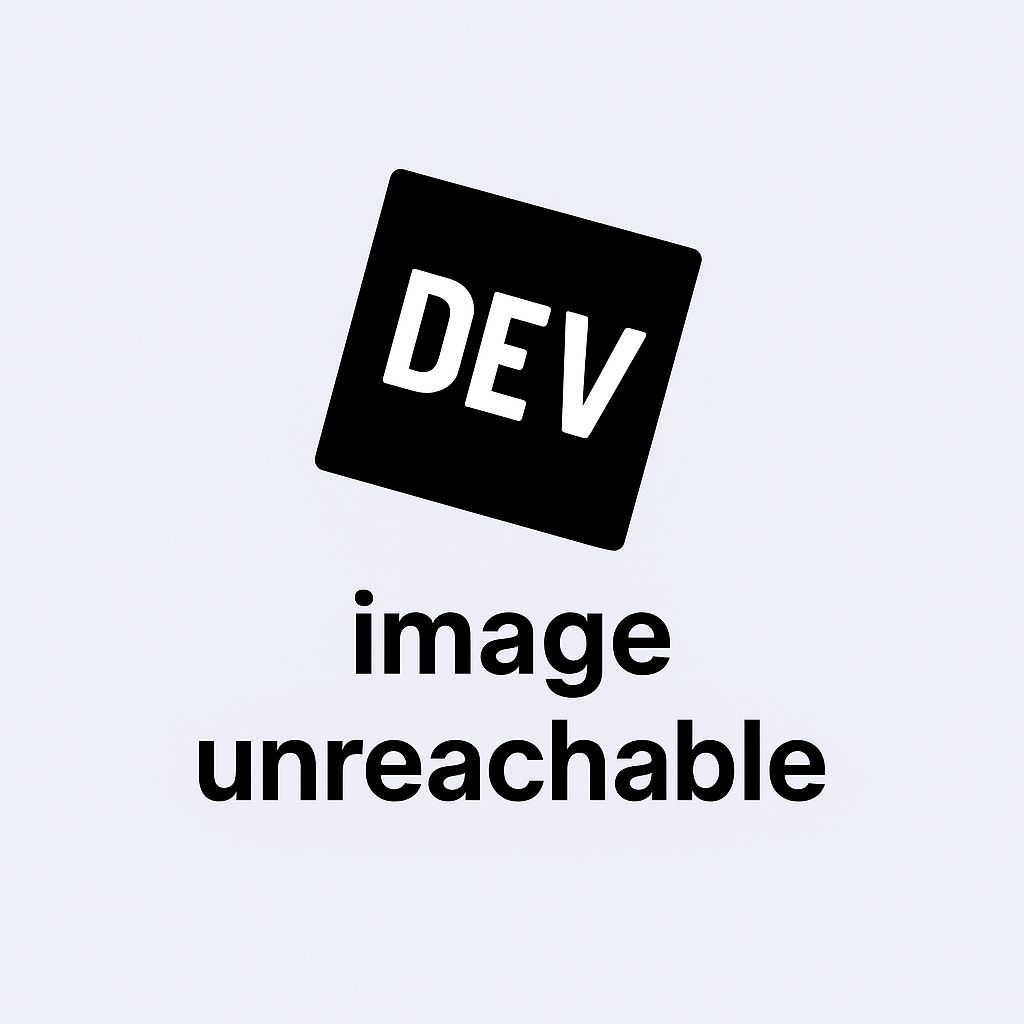
Are you currently hosting your apps on Heroku but considering making a change to something more modern? Heroku has been popular thanks to its simplicity, ease of use, and solid features (back in 2018 at least). However, since the acquisition of Heroku by Salesforce many are looking to jump ship, be it because of the crazy pricing or missing support.
In this post, we'll explore five solid alternatives I've personally tested and recommend, highlighting their strengths and weaknesses to help you find the perfect fit for your next project or migration!
1. Sliplane
Sliplane offers a budget-conscious hosting solution, ideal for smaller projects and startups on a budget. For a flat €9/month (+VAT), you get 2vCPU/2GB RAM, unlimited containers per server, auto-SSL, Github integration, zero-downtime deploys, Docker Hub access, and more. This transparent, fixed price is particularly attractive compared to Heroku's high per-service pricing.
Pros:
- Highly affordable, predictable monthly cost (€9/month per server).
- Easy Github-based deployments with zero downtime.
- Unlimited containers, great for small apps on a single server.
Cons:
- No built-in autoscaling.
- Missing advanced certifications, such as SOC 2 compliance.
Pricing: €9/month per server (View Pricing).
Watch a 45 second tutorial on how to deploy an open-source service like n8n
2. Coolify
Coolify is a powerful, open-source self-hosting solution with a vibrant community. Designed for users who want flexibility, it supports multiple languages, platforms, and is deployable via Docker Swarm (with Kubernetes coming soon). Coolify can work on affordable VPS instances, Raspberry Pi, and even bare-metal setups, making it particularly economical and flexible compared to Heroku's premium charges.
Pros:
- Free self-hosted (only pay your server hosting bill).
- Active user community with 12,000+ Discord members for quick support.
- Git integrations, automatic SSL, Docker Swarm capability for scaling.
Cons:
- Requires technical know-how for self-hosted setup.
- Managed Cloud version costs are similar in range to other premium solutions ($10/month).
Pricing: Free (self-hosted), ~$5/month using providers like Hetzner; $10/month for managed Cloud version.
3. Kamal
Kamal, created by the respected team at Basecamp, is a fast, lightweight, open-source deployment tool for containerized web applications. Ideal for the DIYers and developers comfortable managing their servers, Kamal simplifies Docker-based deployments with remarkable speed.
Pros:
- No platform fees beyond your server-provider costs.
- Rapid deployments (~20 seconds) with zero downtime.
- Complete control over infrastructure and secure by design.
Cons:
- Requires familiarity with server infrastructure and container management.
- Manual scaling — you'll need to provision and manage more servers accordingly.
Pricing: Completely free + hosting fees (as low as $5/month on affordable VPS providers).
4. AWS Lightsail
AWS Lightsail is Amazon's simpler, beginner-friendly cloud hosting option. Compared to AWS's standard complex interface and pricing, Lightsail provides straightforward instances at fixed monthly costs. Users seeking reliable performance with minimal setup often appreciate this service.
Pros:
- Predictable fixed pricing starting as low as $3.50/month.
- Seamless integration with other AWS services (RDS, S3, Route 53).
- Reliable AWS infrastructure, good network performance, and uptime.
Cons:
- Limited ability to customize instance hardware beyond preset plans.
- No free automated scaling; setup and management of scaling are manual.
Pricing: From $3.50/month (See Pricing)
5. Vercel
Vercel is particularly suited for frontend frameworks like Next.js, React, and Vue. With its intuitive UI, Git integrations, automatic SSL certificates, CDN edge caching, and serverless architecture, it simplifies frontend deployment without requiring you to configure infrastructure details manually.
Pros:
- Rapid deployments and seamless auto-scaling with edge CDN included by default.
- Extensive built-in integrations with major frontend frameworks.
- Provides generous free-tier hosting and affordable incremental usage-based pricing.
Cons:
- Serverless function limitations (runtime duration and resources).
- Pricing can escalate as your project's traffic or server-side tasks grow. Be aware of serverless horror storries
Pricing: Free tier, paid plans from $20/month (View Pricing)
Your application will automatically deploy. Each push to your repo will auto-trigger a redeployment without manual intervention.
Conclusion: Choosing the Right Alternative
When migrating away from Heroku, your choice will vary according to your project type, technical ability, and budget requirements. The following table summarizes key considerations clearly:
| Platform | Pricing | Ease of Use | Best for | Limitations |
|---|---|---|---|---|
| Sliplane | €9/month flat | Simple | Small Apps, Startups | No auto-scaling |
| Coolify | Free (VPS Cost) | Medium | Self-hosted flexibility | Technical setup required |
| Kamal | Free (VPS Cost) | Advanced | DIY Container Environments | Manual Infrastructure & Scaling |
| AWS Lightsail | From $3.50/month | Medium | Simple AWS Infrastructure | Scaling limitations |
| Vercel | Free to $20+/month | Easy | Frontend Framework Apps | Serverless constraints |
Quick recommendations:
- Predictable, fixed-price cloud solution: Sliplane
- Flexible, open-source, self-hosted deployment: Coolify
- Containers with fine-grained control and fast deploys: Kamal
- Simple and reliable beginner option with AWS: AWS Lightsail
- Frontend-focused with auto-deploy and CDN: Vercel
I think choosing your Heroku alternative becomes clear once you identify your project's true needs and your team's technical strengths! What did you pick as an alternative?:)
Cheers,
Jonas, Co-Founder sliplane.io




































































![Tariffs Threaten Apple's $999 iPhone Price Point in the U.S. [Gurman]](https://www.iclarified.com/images/news/96943/96943/96943-640.jpg)
![iPhone 17 Pro Won't Feature Two-Toned Back [Gurman]](https://www.iclarified.com/images/news/96944/96944/96944-640.jpg)

![New Apple iPad mini 7 On Sale for $399! [Lowest Price Ever]](https://www.iclarified.com/images/news/96096/96096/96096-640.jpg)

































































































 (1).webp?#)




_Christophe_Coat_Alamy.jpg?#)











































































![[The AI Show Episode 142]: ChatGPT’s New Image Generator, Studio Ghibli Craze and Backlash, Gemini 2.5, OpenAI Academy, 4o Updates, Vibe Marketing & xAI Acquires X](https://www.marketingaiinstitute.com/hubfs/ep%20142%20cover.png)
























































































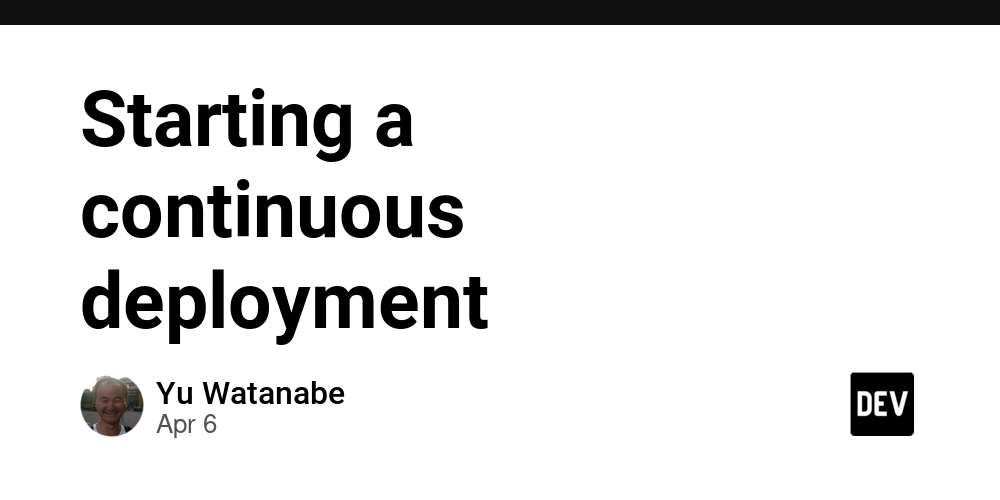

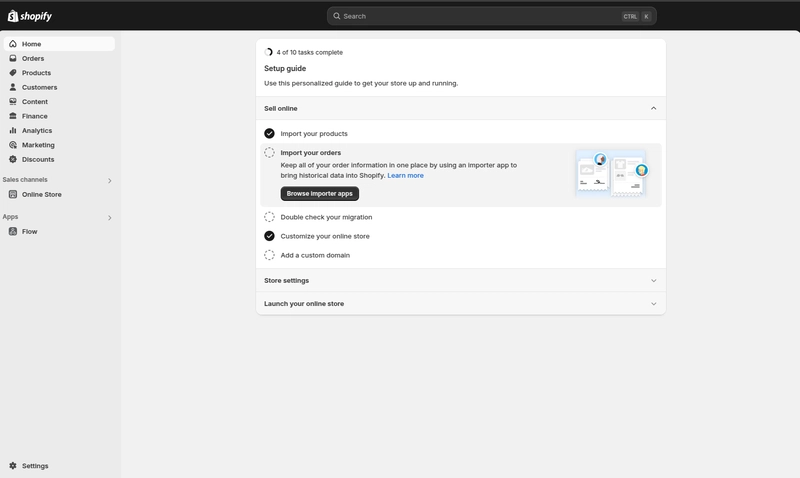





































![From drop-out to software architect with Jason Lengstorf [Podcast #167]](https://cdn.hashnode.com/res/hashnode/image/upload/v1743796461357/f3d19cd7-e6f5-4d7c-8bfc-eb974bc8da68.png?#)



![[DEALS] The Premium Learn to Code Certification Bundle (97% off) & Other Deals Up To 98% Off – Offers End Soon!](https://www.javacodegeeks.com/wp-content/uploads/2012/12/jcg-logo.jpg)



































.jpg?#)


.png?#)















































